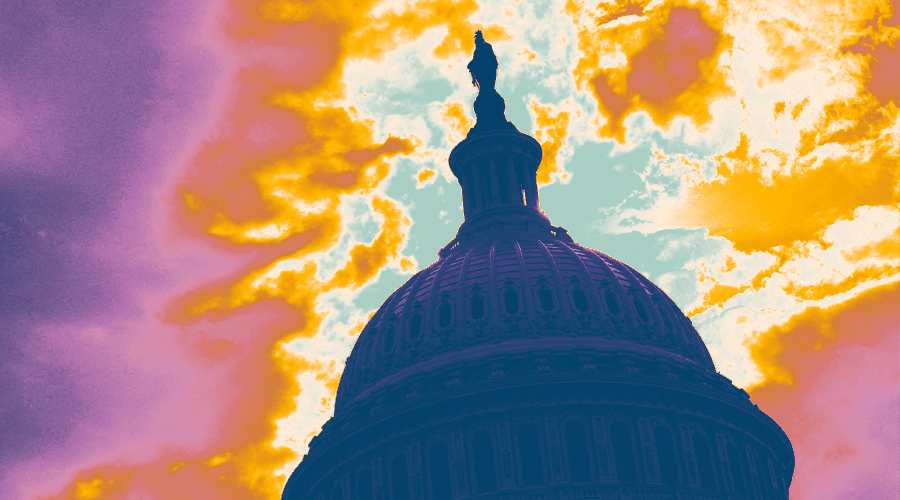 The first-ever crypto bill gets cleared by Congress, a victory for crypto lobbyists
The first-ever crypto bill gets cleared by Congress, a victory for crypto lobbyists
On Wednesday, a key congressional committee adopted a bipartisan measure aimed at developing a regulatory framework for cryptocurrencies, marking a significant step forward for Capitol Hill in its quest to formalize government control of the digital asset market.
Since the abrupt bankruptcies of Celsius Network, Voyager Digital, FTX, and other firms last year, the crypto sector has been under governmental scrutiny. The bill endorsed by the House Monetary Administrations Panel would determine when a digital currency is a security or an item and increment the Ware Fates Exchanging Commission’s (CFTC) authority over the crypto business while characterizing the Protections and Trade Commission’s purview, as numerous Crypto allies reprimand the office’s apparent abundance.
A few Democrats, including Reps. Jim Himes and Ritchie Torres joined committee Republicans in voting for the bill. The House Agriculture Committee will take up the identical bill on Thursday.
“As other jurisdictions such as the United Kingdom, the [European Union], Singapore, and Australia have moved forward with clear regulatory frameworks for digital assets, the United States risks falling behind.” “We intend to change that today,” said Representative Patrick McHenry, the Republican chair of the House Financial Services Committee, during the markup.
The markup – where lawmakers discuss and vote on legislation, setting the stage for a full vote by the House of Representatives – is the first time a crypto regulatory bill was voted on in Congress, a win for crypto lobbyists who have urged legislators to provide regulatory certainty for the industry.
“This is by far the most significant legislative moment that we’ve had, even though we’ve had some important decisions come from the courts before,” said Kristin Smith, CEO of the Blockchain Association.
Many in the cryptocurrency business have backed the measure, believing that with Democratic support, it has a chance in the Senate. “Anything that lasts will require bipartisan support,” said Miller Whitehouse-Levine, CEO of the DeFi Education Fund, a lobbying group focusing on decentralized finance.
However, other Democrats, notably Representative Maxine Waters, the senior Democrat on the Financial Services Committee, are vehemently opposed to the plan. Waters said that the plan will increase uncertainty and provide less protection to consumers and investors than they presently have. “This bill listens to the crypto industry while ignoring the administration, the Securities and Exchange Commission, and consumer and investor advocates,” she added.
The bill may also meet opposition in the Democratic-led Senate, where the chairman of the Senate Banking Committee, Sherrod Brown, has stated that he is sceptical if more legislation to regulate cryptocurrency is required.




